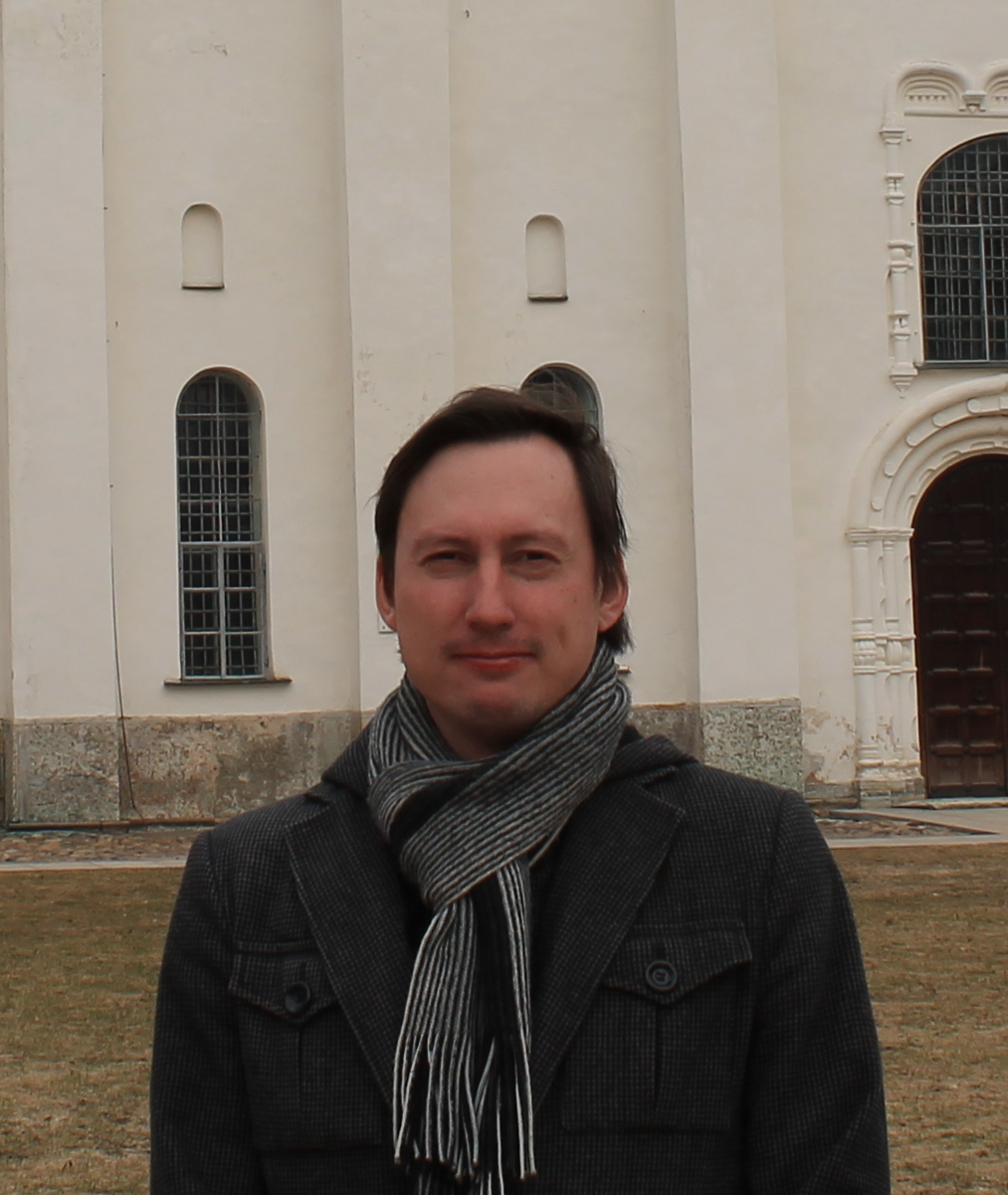Religious movements as an alternative to official religions require a comprehensive and detailed study. Currently, researchers pay great attention to this phenomenon as a result of which it remains one of the priority areas in religious studies. Based on the analysis of the ethnographic materials of the Imperial Russian Geographical Society the features of the religious views of Russian sects in Siberia are described in the context of the state-confessional policy of the Russian Empire. Using the concept of “Russian sects”, the researcher proceeds from a general understanding of sects in the Russian Empire before the decree of 1905 was passed. Thus, in this chronological framework Russian sects is understood not only as alternative to the official church form of rationalistic and mystical Orthodoxy, but also as Old Believers, which are indicated in historical and church sources as “Pomorian sect”, “Austrian sect”, “Polish sect”, etc. Also, highlighting the word “Russian” in “Russian sects”, the author separates it from other religious formations that originated not in Russia, for example from Mennonites or Adventists. The chronological framework of the study covers the ethnographic and historical work of researchers from the second half of the 19th century to the 20th century. The lower boundary is due to the emergence of the Imperial Russian Geographical Society and the first expeditions to Siberia. The upper border is characterized by recent reports of Russian sects in Siberia. From the historical problems’ point of view, the study covers the imperial period of the 19th century to 1905, in the framework of which Russian sects arise, form and develop in Siberia. The territorial scope of the study covers the state borders of the Russian Empire during the second half of the 18th – 20th centuries in the framework of which ethnographic and historical works of the Imperial Russian Geographical Society and regional branches were published.
Keywords: Old Believers, Russian sects, Kamenshchiks, “Poles”, Molokans, Skoptsy, History of Siberia, state-confessional policy
DOI: 10.22250/2072-8662.2020.1.36-42
About the author
 |
Kirill S. Matytsin – postgraduate, assistant researcher of the Laboratory of Ethnocultural and Religious Studies, |






